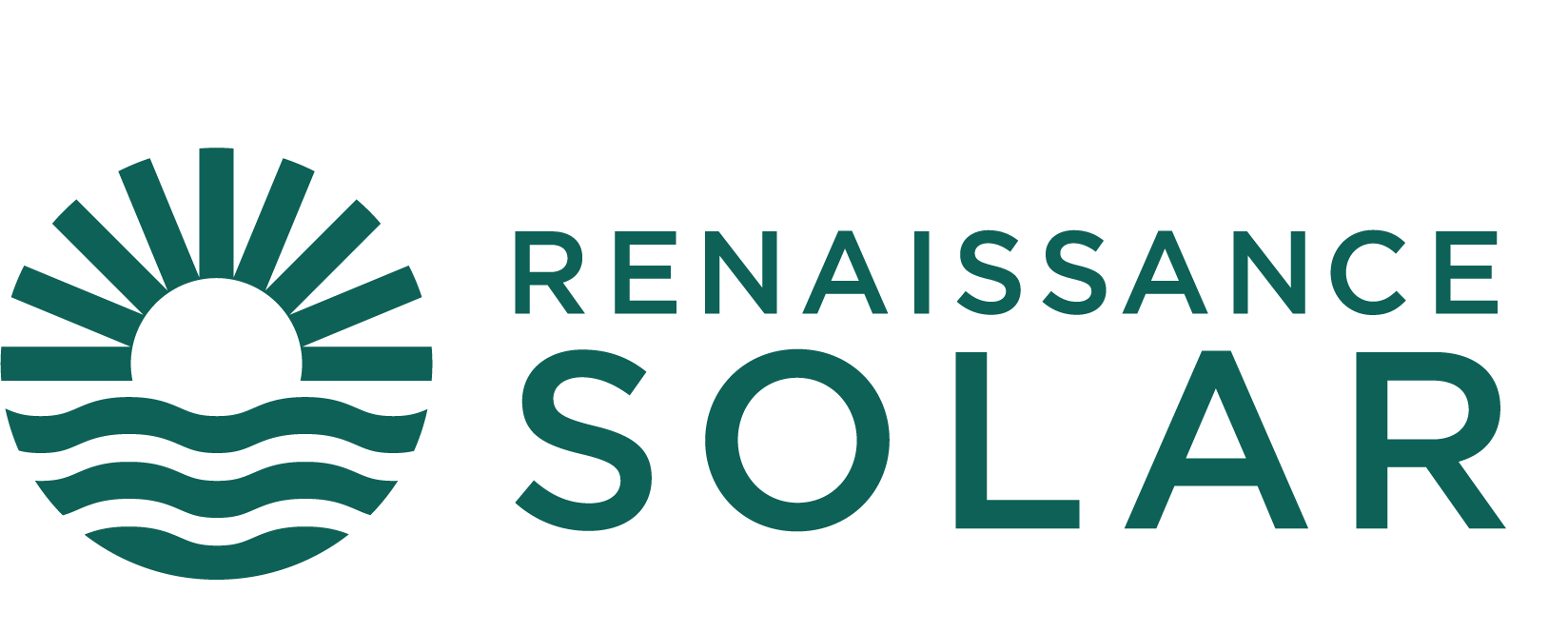Many South African households have been compelled to opt for renewable energy to power their homes due to consistent load shedding. Over the past few decades, solar panels have become more affordable and more efficient. Researchers are working to improve the efficiency rate of photovoltaics in order to maximize the use of solar energy.
The efficiency of solar panels ranges from 15% to 22%, depending upon factors such as location, orientation, weather conditions, and similar factors. A solar panel’s efficiency is determined by the amount of sunlight it is able to convert into electricity. Performance is the amount of sunlight a solar panel is able to convert into electricity.
Standard Test Conditions (STC) are used to determine the efficiency of solar panels. STC specifies a temperature of 25 degrees Celsius and an irradiance of 1,000 watts per square meter. This is what would occur on a sunny day with incident light hitting a 37-degree tilted surface facing the sun. A solar panel with a surface area of 1 m2 and 15% efficiency would produce 150 watts under these test conditions.
As a system, the efficiency of solar panels (modules) does not necessarily translate into the efficiency of individual solar cells. While the efficiency of solar panels is generally between 15-20%, it is possible for solar cells to achieve 42% in some cases.
Solar Panel Selection: 4 Key Attributes
- The cost per square meter of your solar panels.
- A solar panel’s overall efficiency.
- Individual solar cell life expectancy.
- Your solar panel’s aesthetics and style.
A solar panel’s capacity to store electricity during the day may also need to be considered.
By installing a solar battery storage system in South African homes with solar panels, you will be able to use this electricity in the evening. This will reduce your dependence on the power grid. To help you find the most suitable solar panels for your specific home, speak to a solar expert like Renaissance Solar today.
